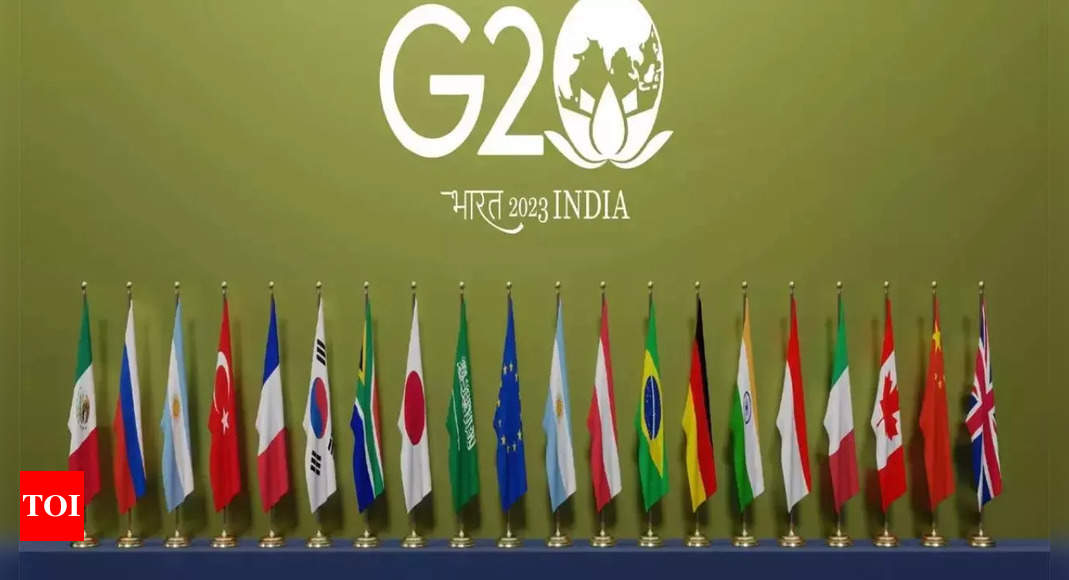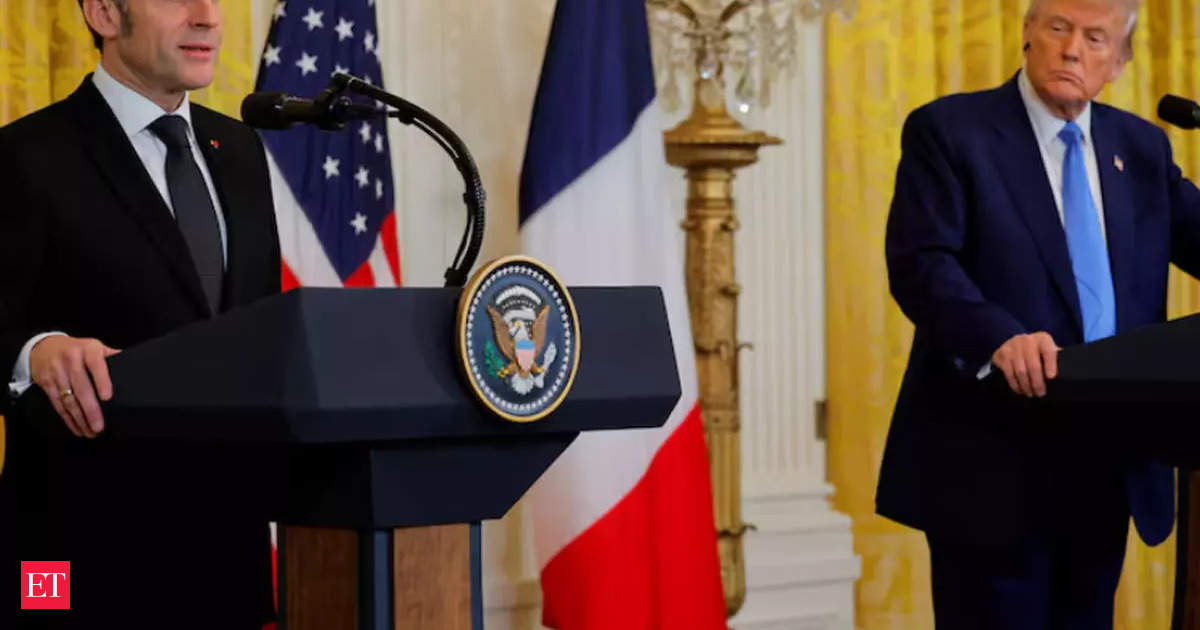In a significant move on climate change issues at G20 summit, the leaders here on Saturday agreed to go for rapid, deep and sustained reductions in global GHG emissions by 43% by 2030 relative to the 2019 levels to limit global warming to 1.5 degrees C in sync with reaching global net-zero emissions by 2050, and promised to “triple renewable energy capacity globally” by 2030 to meet that goals.
They substantiated their promise by moving the language on climate finance from billions to trillions of dollars to achieve those targets, noting the need of mobilising USD 5.8-5.9 trillion from all sources in the pre-2030 period required for developing countries to implement their nationally determined contributions (NDCs) – climate action plans.
Besides, they also underlined the need of USD 4 trillion per year for clean energy technologies by 2030 to reach net zero emissions by 2050 — an important goal to save the world from dangerous consequences of climate change such as extreme weather events, biodiversity loss and desertification. The ambitious finance target sets the tone for 28th session of UN climate conference (COP28) in Dubai, UAE where the countries would brainstorm on the next levels of climate actions based on the global stocktake of climate actions.
Though the leaders recognised the need to peak global GHG emissions by 2025 in tune with the 1.5 degrees Celsius pathways, the declaration clearly said it does not imply peaking in all countries within this timeframe. “Timeframes for peaking may be shaped by sustainable development, poverty eradication needs, equity, and in line with different national circumstances,” it said in a formulation which suits countries like India and other developing countries who have to meet their energy requirements for achieving developmental goals.
Under the ‘Green Development Pact for a Sustainable Future’, the leaders promised to pursue and encourage efforts to triple renewable energy capacity globally through existing targets and policies, as well as demonstrate similar ambition with respect to other zero and low-emission technologies, including abatement and removal technologies, in line with national circumstances by 2030.
Their promise assumes significance as G20 countries collectively responsible for 80% of GHG emissions and therefore the deep cut on emissions at their end could help in reaching the Paris Agreement target of making efforts to limit warming to 1.5 degrees Celsius by 2100 above pre-industrial levels (1850-1900). It is quite important at this juncture because the world has already reached an average warming level of 1.1 degrees C.
The other significant point of the declaration from India’s point of view is inclusion of its brainchild LiFE — lifestyle for sustainable development — into the preamble of the declaration, recognising it as an important tool to address development and climate challenges, and conserve biodiversity, forests and oceans.
The declaration noted that the LiFE could contribute to significant emission reduction by 2030 for a global net-zero future. Besides, it introduced an additional element – “Travel for LiFE” – that will support the development of smart destinations that are responsible and sustainable.
As far as the Green Climate Fund is concerned, where the developed countries were supposed to bring USD 100 billions on table per year by 2020 to help developing countries implement their NDCs, the developed country contributors expect this goal to be met for the first time in 2023. The G20 leaders now call to set an ambitious, transparent and trackable New Collective Quantified Goal (NCQG) of climate finance in 2024, from a floor of USD 100 billion a year, taking into account the needs and priorities of developing countries in fulfilling the objective of the Paris Agreement.
On the plastic pollution front, the leaders supported the ongoing collective efforts to work towards eliminating plastic pollution by developing an “international legally binding instrument” on plastic pollution with the ambition of completing its work by the end of 2024.
On the issue of coal, the declaration merely reiterated the language from the last G20 that spoke about accelerating efforts towards phasedown of unabated coal power, in line with national circumstances and recognizing the need for support towards just transitions. It remained silent on phasing out of fossil fuels.
“While the G20’s commitment to renewable energy targets is commendable, it sidesteps the root cause—our global dependency on fossil fuels. As the climate crisis looms like a dark cloud over humanity, the world cries out for a just transition away from fossil fuels. Rich nations within this group of leading economies have not only failed to curb their own emissions but have also fallen short in financially aiding developing countries with their green initiatives. It’s high time for these nations to lead by example, turn their promises into actions, and help forge a greener, more equitable future for all,” said Harjeet Singh, head of global political strategy at Climate Action Network International.











